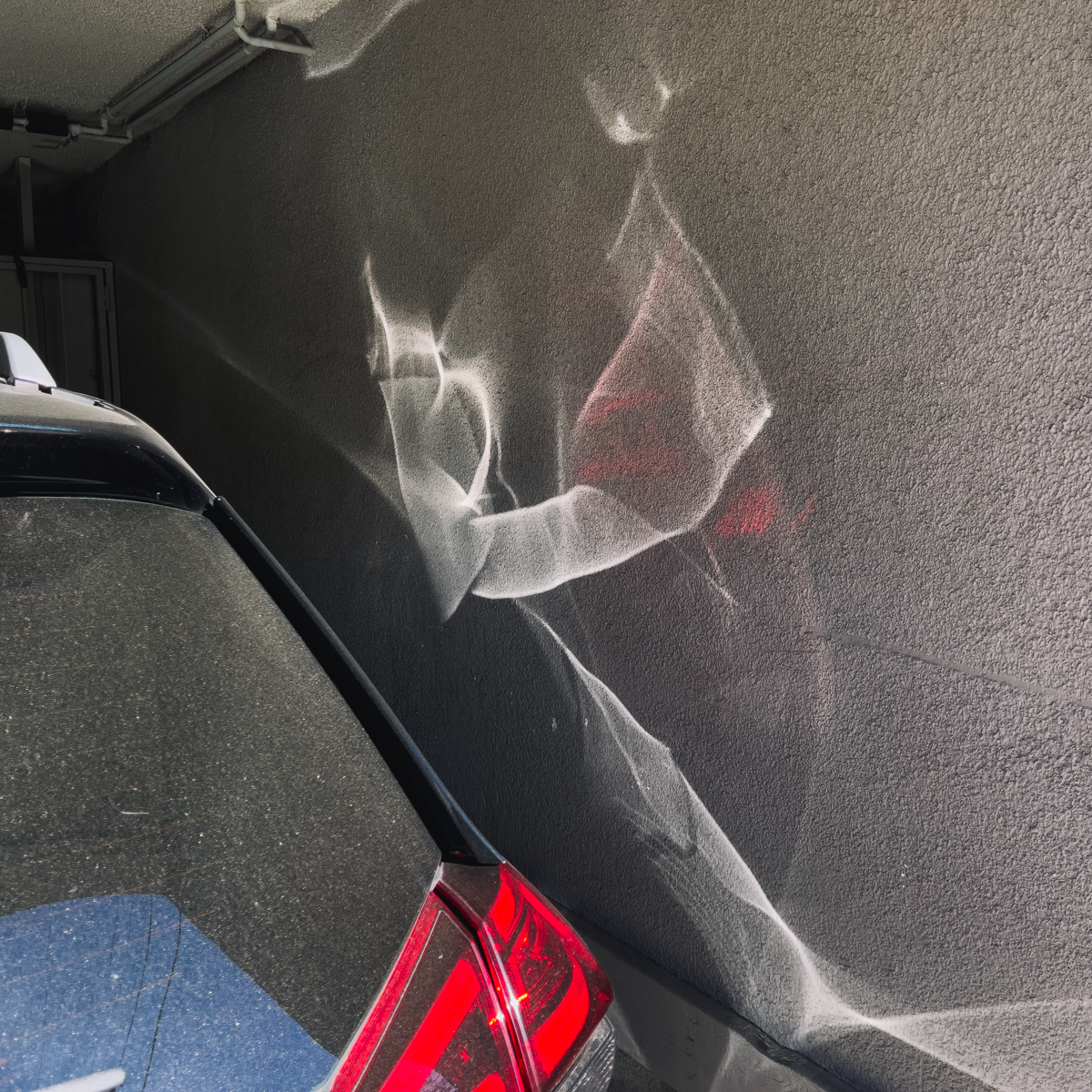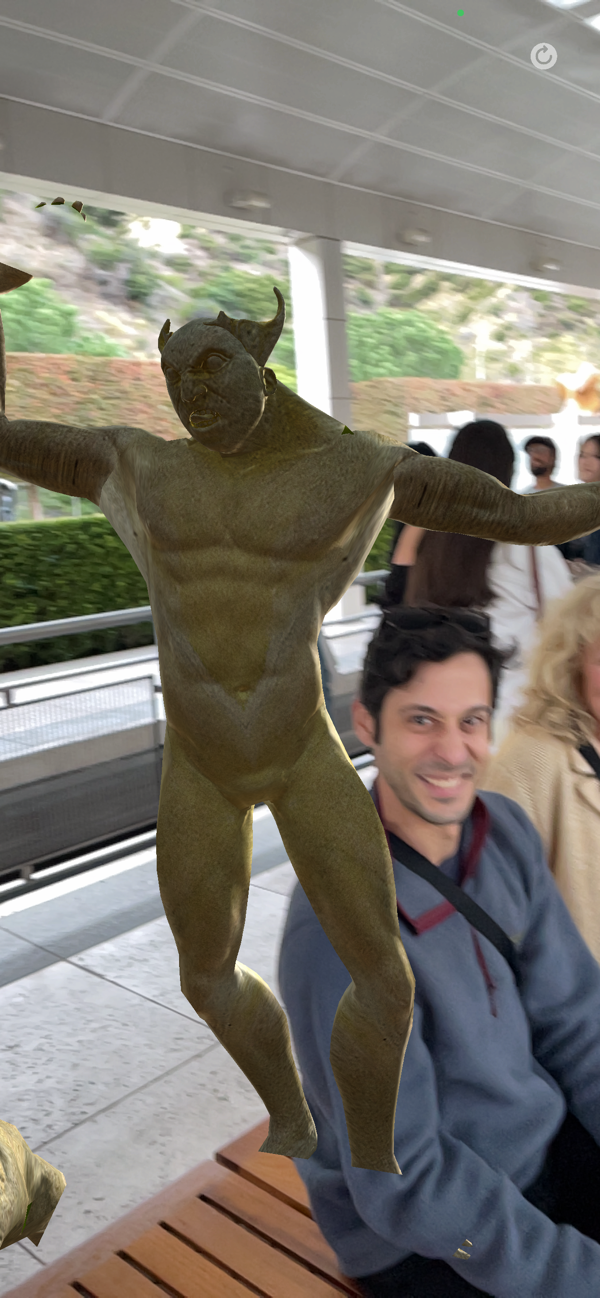On Finding Running Again
After a career as a middling but devoted high school cross-country runner, running was one of the (many) things I dropped immediately upon arriving at college. (Also: writing poems, playing violin, playing saxophone, writing for the school newspaper, exploring my queerness.) I knew on some level that I didn’t want to stop running, though, so from freshman year through the rest of my twenties I tried at least annually to get back into it. With each attempt I would tell myself why I should pick the habit up again: I wanted to be fit, I wanted to look hot, I wanted to smoke my brother at basketball. But each time, after a day or a week or a fortnight, I fell off it. These motivations weren’t nearly enough. When push came to shove, I didn’t actually care about looking a certain way or being a good athlete.
Now I’m 33, though, and I’ve been on a running kick for a year-and-a-half. I lace them up a few times a week and go out for 2- to 5-mile runs. I’m not very fast, but I run hard enough to feel it in whatever corner of the body is weakest today: lungs, calves, shins, glutes. Once again, I love running.
The thing is, these runs aren’t about looking hot. They’re not even about being strong. No way. My runs are pure, uncut mental health treatment. It turns out that that is the one thing that will get me out the door, rain or shine: the sure knowledge that my mopey ass will feel so, so, so much better afterwards.
Running, thank goodness I found you again.






